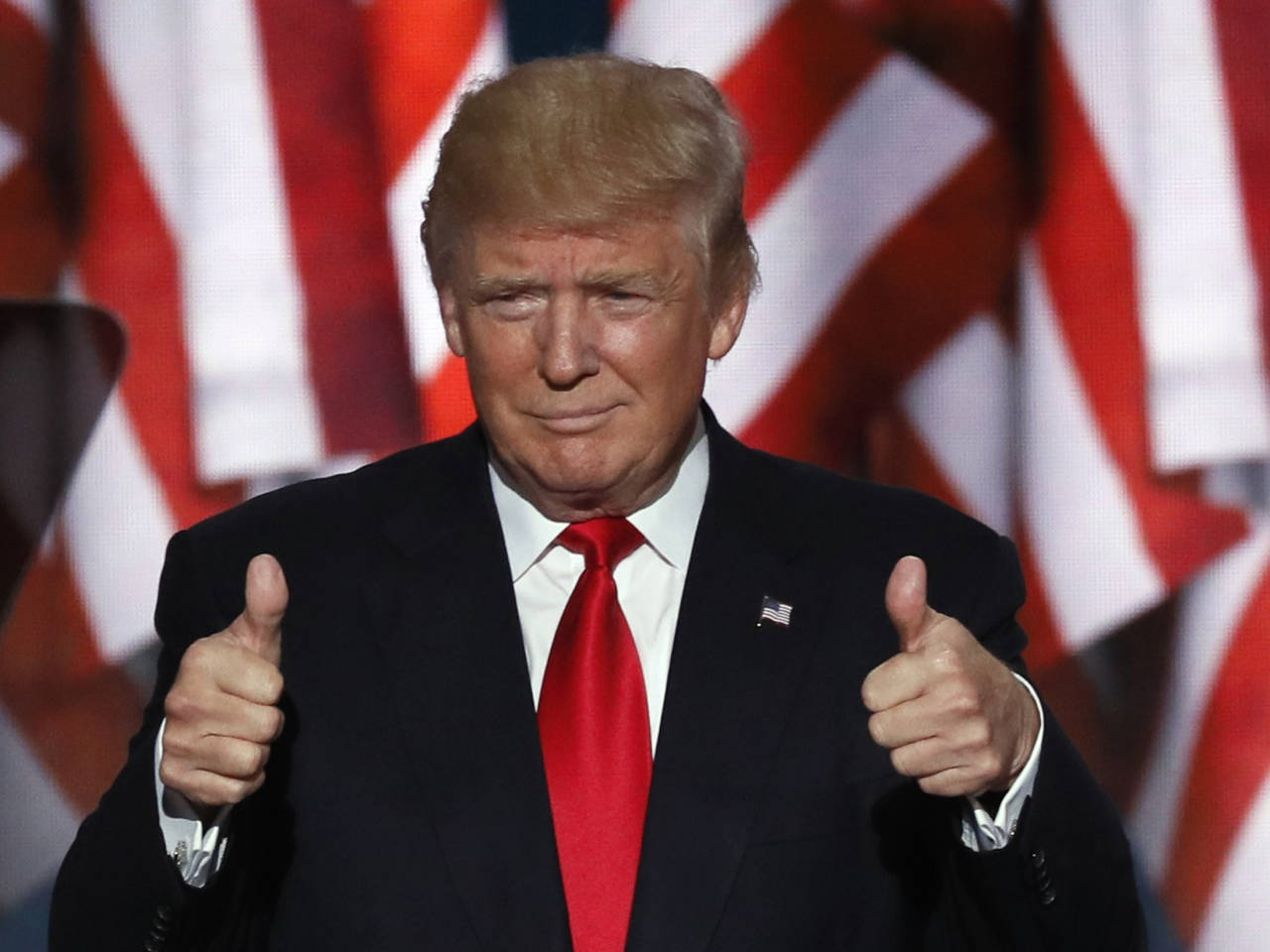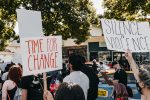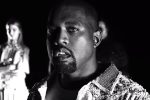Whether or not you pay attention to the politics and policies of President Donald Trump, it’s hard to escape the larger-than-life persona that the business mogul and reality television personality-turned-politician projects to the public. This is due to Trump’s knack for understanding who he wants to be, how he wants to be portrayed by the media and how the public receives him. In many ways, Trump still continues to be a businessman, using marketing skills that helped him not only clench an election from a well-established lifetime politician, Hillary Clinton, but also to gain a following of people that serve as the core of his political supporters.
Donald Trump has had a lifetime to craft himself into what he is now—the most powerful man in the world—and it wouldn’t have been so successful if he didn’t understand branding and how one builds a personality into a brand that people can buy into and support blindly. Every step taken in the past, as well as the actions being made presently on behalf of the American people, are in pursuit to building the brand that is Donald J. Trump. Whether it be the Trump business empire marketing a product that relies on customer loyalty to build its brand power, or the “Make America Great Again” movement that essentially requires the same thing of its supporters, Trump has proven that he is a master at branding himself and the things he chooses to stand for, even if it’s to the detriment of the entire country.
It’s common knowledge that Donald Trump started out in business with a “small loan” of a million dollars from his father by growing the Trump family name into a commercial brand that dabbled in a little bit of everything over the years. Buying and leasing real estate in New York, turning buildings for a profit, establishing Trump University, selling Trump Steaks and even creating a Trump board game were all past business ventures of Donald Trump. Through it he crafted an image of a self-assured, confident, savvy leader of business with a strong family name and fortune to add credibility to his projects. Trump became famous for his no-nonsense attitude in the boardroom and portrayed himself as a positive symbol of what capitalism in America can do for a person.
Even when faced with lawsuits for unsavory business practices, Trump maintained his innocence, keeping with the long-established theme that he could do no wrong. As many businesses failed and Trump filed for bankruptcy on projects such as the Taj Mahal Casino, he still had a way of spinning his failures as necessary steps for success, always maintaining an air of assuredness and stability even as he lost millions of dollars to these failings. Publishing his “thinking big” business tactics in the book “The Art of the Deal,” Trump continued to build upon the notion that he was an expert at business and was someone that the layperson could look up to in order to improve their own lives by adopting his candor and ability to charm those in negotiation into giving him what he wanted. In a society that revolves around capitalism, Trump branded himself as someone who could not only successfully navigate it, but also dominate it.
Using his status as a person of business, and no doubt pulling strings with those in the entertainment industry that he rubbed elbows with, Trump became his own celebrity simply for being himself. Playing a highly masculine, firm, violent and angry character based upon himself in World Wrestling Entertainment helped Trump introduce himself to the masses. A highly caricaturized version of himself was appealing to those that value a “man’s man.” This role for the WWE, with appearances spanning many years, only added to the man that Trump strove to represent himself as, and no doubt gave him an ego boost in the process. This same tough guy character was the essential element to his pseudo-reality show, “The Apprentice” which began in 2004. This time, Trump got to be the polished businessman with a ruthless reputation and a catchy phrase that permeated pop culture: “You’re fired.” By this point, Trump had literally turned his personality into a commodity, and a brand that was easily recognizable to those that had even a small amount of pop cultural knowledge.
In 2015, the world was introduced to candidate Trump, which would turn out to be an unprecedented show of character for a presidential candidate of a major political party. Using his previously established branding approach, Trump became famous on the campaign trail for “telling it how it is” and not worrying about being politically correct. Representing himself as a firm, anti-establishment leader, he turned his vitriolic language, xenophobic ideals, hatred and violent intentions toward minorities and journalists into a brand that we would all come to recognize, the “Make America Great Again,” or MAGA, movement.
This is where Trump moved from a personal brand, into a political, populist one. It’s no wonder the MAGA movement expanded into merchandise, as bodies that represent a certain brand through clothing and personal style are a quick way to spread a message. Trump even enlisted the help of cutthroat political advisor Roger Stone to help re-brand the former celebrity into a voice for the “common man” of America. Trump grew his brand of MAGA by pandering to the worries of the white working class, and rebranded xenophobia into an acceptable political platform. Somehow he even convinced this group of voters that, although he was a multi-millionaire, he was “one of the people” and that his business experience would translate into the successful governorship of a nation.
Apparently this worked, and following induction into the Oval Office on January 21, Trump never let his brand as ‘the tough guy’ diminish. Now he was just a tough guy with nuclear codes. He still refuses to answer for his mistakes and denies any unsavory political practices such as colluding with Russian diplomats, just as he did when rejecting personal responsibility for the wrongdoings in his businesses. Trump is still aggressive in his diplomacy, even threatening Kim Jong-Un of North Korea with “fire and fury” for threats to the country. Even minor slights against his image as a tough world leader are met with a different kind of fury—the fury of tweeting thumbs—as he attacks anybody related to negative media coverage of him on grounds of “fake news.” He has no problem doing things his way, and doing them without apology, such as tweeting policies like the transgender military ban before they are even enacted.
This consistency of the brand that makes Donald Trump the person that he is can actually be beneficial in predicting his moves for the remainder of his time as president. The American people can at least count on a skewed view of the world, a lack of rationale in decision-making and overly defensive moves to protect this brand that has evolved with him. It seems as though Trump wants to be respected and taken seriously, just as he was as a businessman and celebrity of lesser responsibility. Then again, maybe he wants the American people to believe that he’s a bumbling idiot that’s just making things up as he goes along. No matter his motivation, Trump is undeniably good at purporting himself to be whatever serves himself personally, no matter the cost to others. Rising from a name known in households to one that will be read in history books for years to come, the Trump brand has succeeded in worldwide recognition of the highest order, something marketing specialists could only dream about.


















